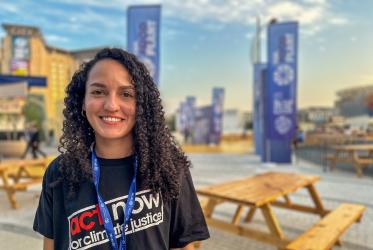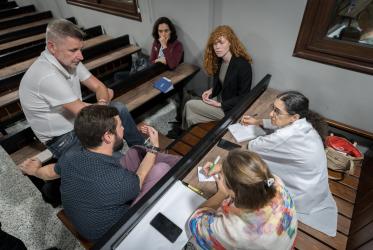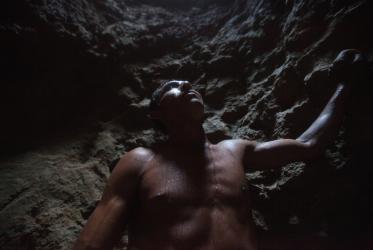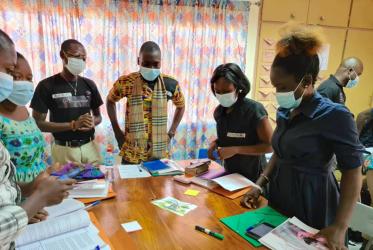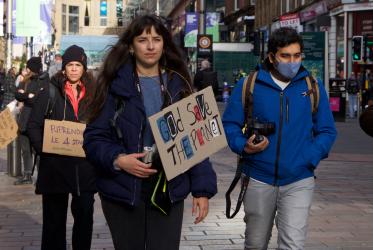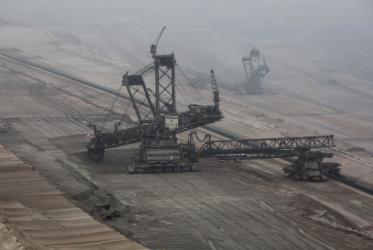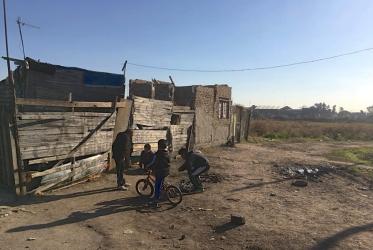Displaying 1 - 20 of 45
The earth is the LORD's… and the Lord is claiming it back
07 September 2022
Groundwater: a hidden treasure we need to protect, say EWN members
28 February 2022
Webinar: “Climate Justice, Food, and Faith”
09 November 2021
Dr Abuom reflects on women of faith as healers of creation
05 October 2021
